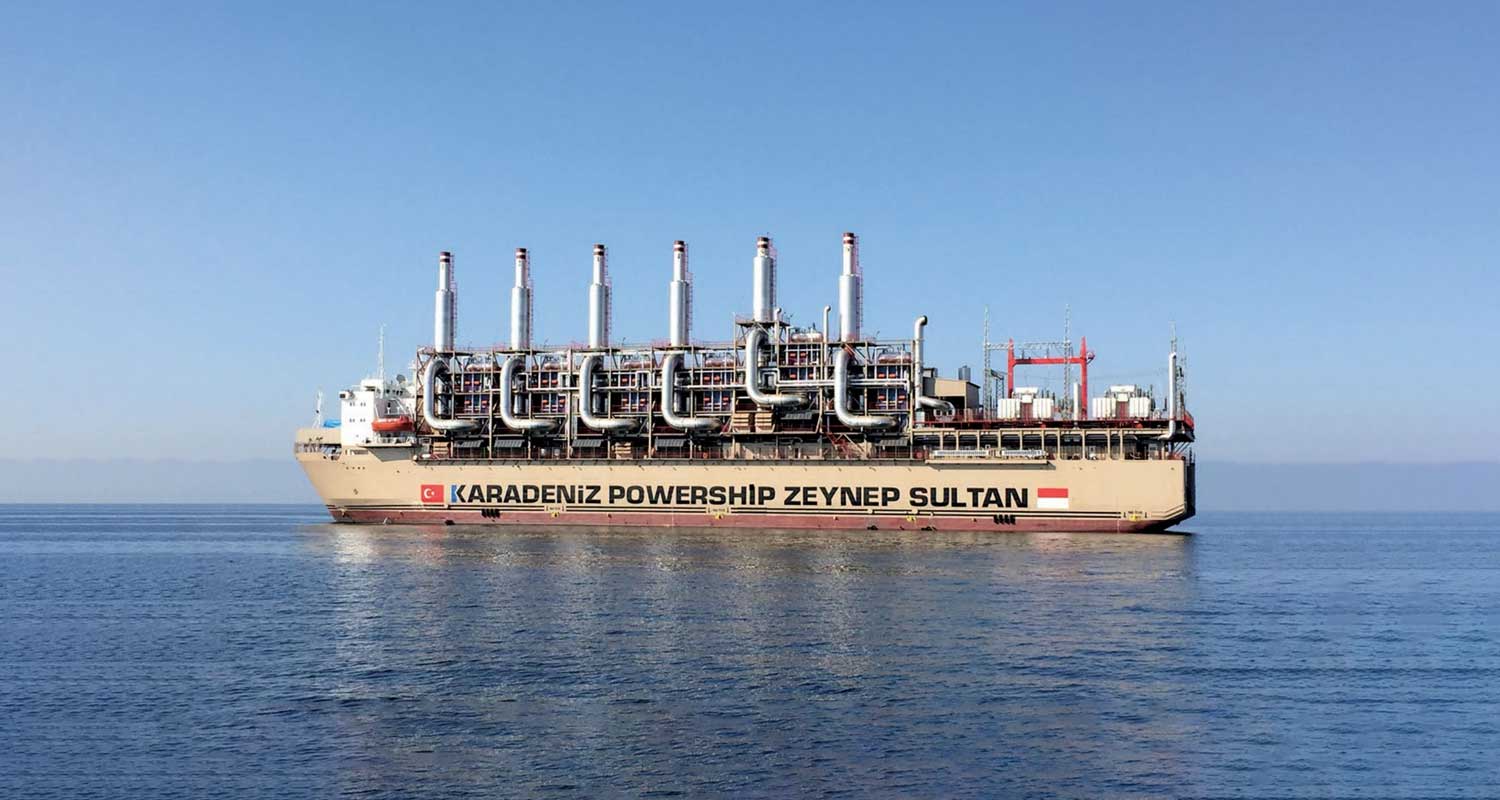A plan to station floating power-generation ships in three South African ports, a project championed by former energy minister Gwede Mantashe, is dead in the water.
This is after the Organisation Undoing Tax Abuse, better known as Outa, won a case in the high court in Pretoria on Thursday in which the licences for Turkey’s Karpowership to operate the ships were declared invalid and overturned.
In a statement, Outa declared: “This is the end of government attempts to contract the Karpowerships. The court case took three years but Outa believes it was worth it.”
Government had sought to contract with Karpowership to supply the ships during the load shedding crisis in 2020 and 2021 through its “risk mitigation independent power producer procurement programme”. The proposal was for the supply for 1.2GW of electricity through floating gas power stations to be moored at harbours in the Eastern Cape (Coega), Western Cape (Saldanha) and KwaZulu-Natal (Richards Bay).
“Today the high court granted Outa an order ruling that the three Karpowership electricity generation licences issued are invalid and overturned them,” Outa said in its statement.
“The licences were issued by the National Energy Regulator of South Africa (Nersa), and were a crucial step in the government’s plan to sign 20-year deals with the floating power stations as ‘emergency’ electricity. The deals were expected to have cost about R200-billion over 20 years, an amount that would have been added to the price of electricity.”
‘Absolutely dead’
“Outa first approached the court in April 2022, seeking a review of Nersa’s decisions to grant the licences. “It resulted in a three-year fight, including a long dispute over access to documents. Outa believes this case contributed significantly to the collapse of the Karpowership deals, as Eskom eventually cancelled the grid access.”
“The Karpowership deals are now absolutely dead. They will never be loaded onto your electricity bill,” said Outa executive director Stefanie Fick. “This ruling is a powerful affirmation that decisions involving billions in public funds must comply with the law. We challenged this process because the public deserves transparency, proper oversight and value for money, none of which was present in this licensing saga.”
Read: Karpowership donates KZN game farm to ease approvals
According to Outa, Karpowership had been cited in the case and initially opposed it but withdrew a few months ago. The company could not immediately be reached for comment.
“As part of the settlement agreement, Nersa agreed to withdraw its opposition to Outa’s review application, and the court formally set aside the impugned licences,” Outa said.
 “Furthermore, the court ordered Nersa to pay the costs of the application on a party-and-party scale, including fees for two counsel, calculated on scale C (the highest scale). This reflects the seriousness of the matter and the substantial public interest involved.
“Furthermore, the court ordered Nersa to pay the costs of the application on a party-and-party scale, including fees for two counsel, calculated on scale C (the highest scale). This reflects the seriousness of the matter and the substantial public interest involved.
“Despite the lack of opposition, Outa pushed to ensure the matter was formally adjudicated and made part of the public record through an order of court. The full record was eventually made available, but parts are blocked from public access.”
Read: Karpowership deal is dead
“This is not just a legal win, it’s a win for public-interest litigation,” said Fick. “This case reinforces the principle that even when government acts urgently, the law and due process cannot be ignored. This judgment protects the public from being locked into a flawed and costly energy deal, and it strengthens the principle that administrative decisions must be lawful, rational and in the public interest.” — (c) 2025 NewsCentral Media
Get breaking news from TechCentral on WhatsApp. Sign up here.



